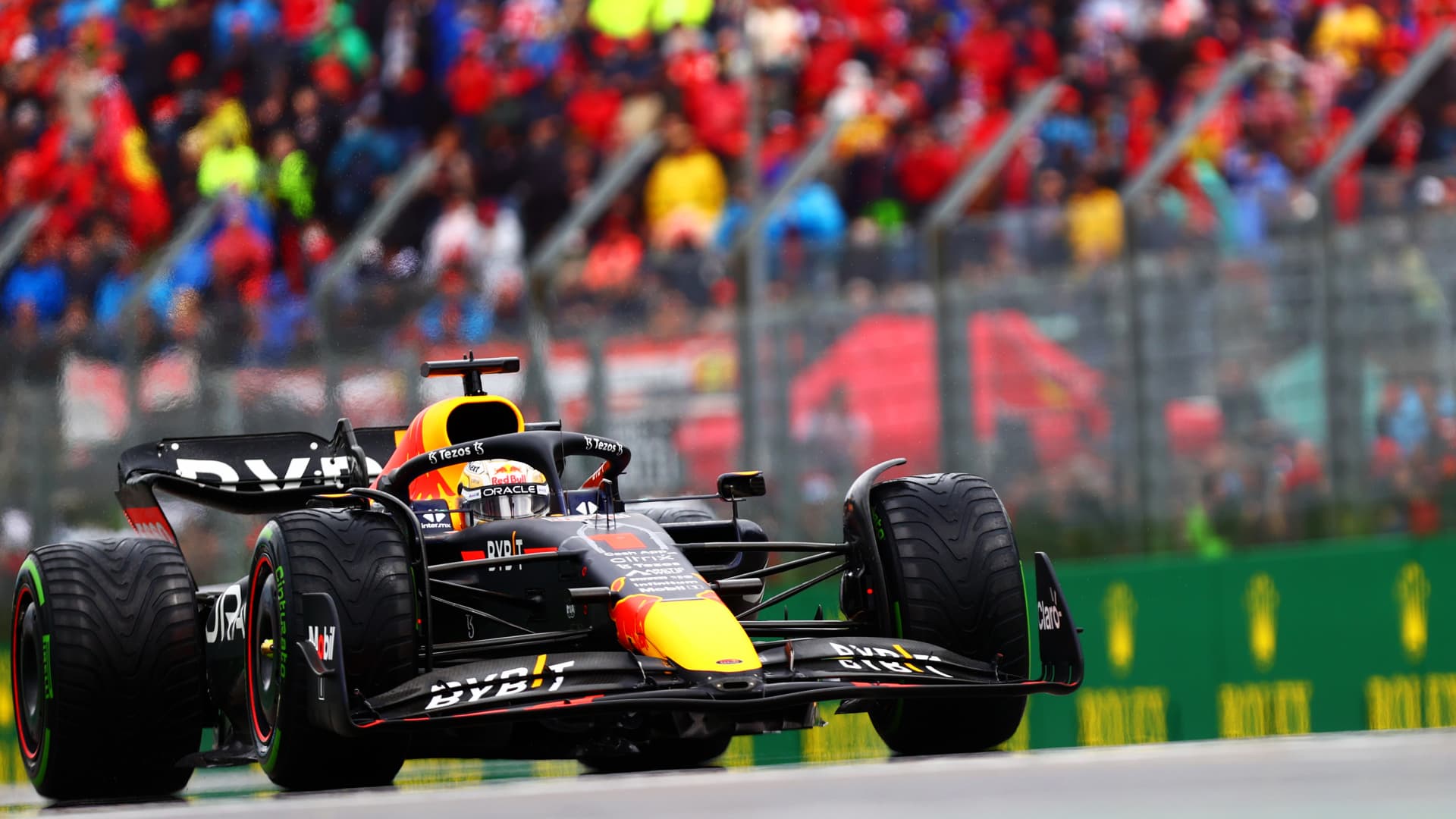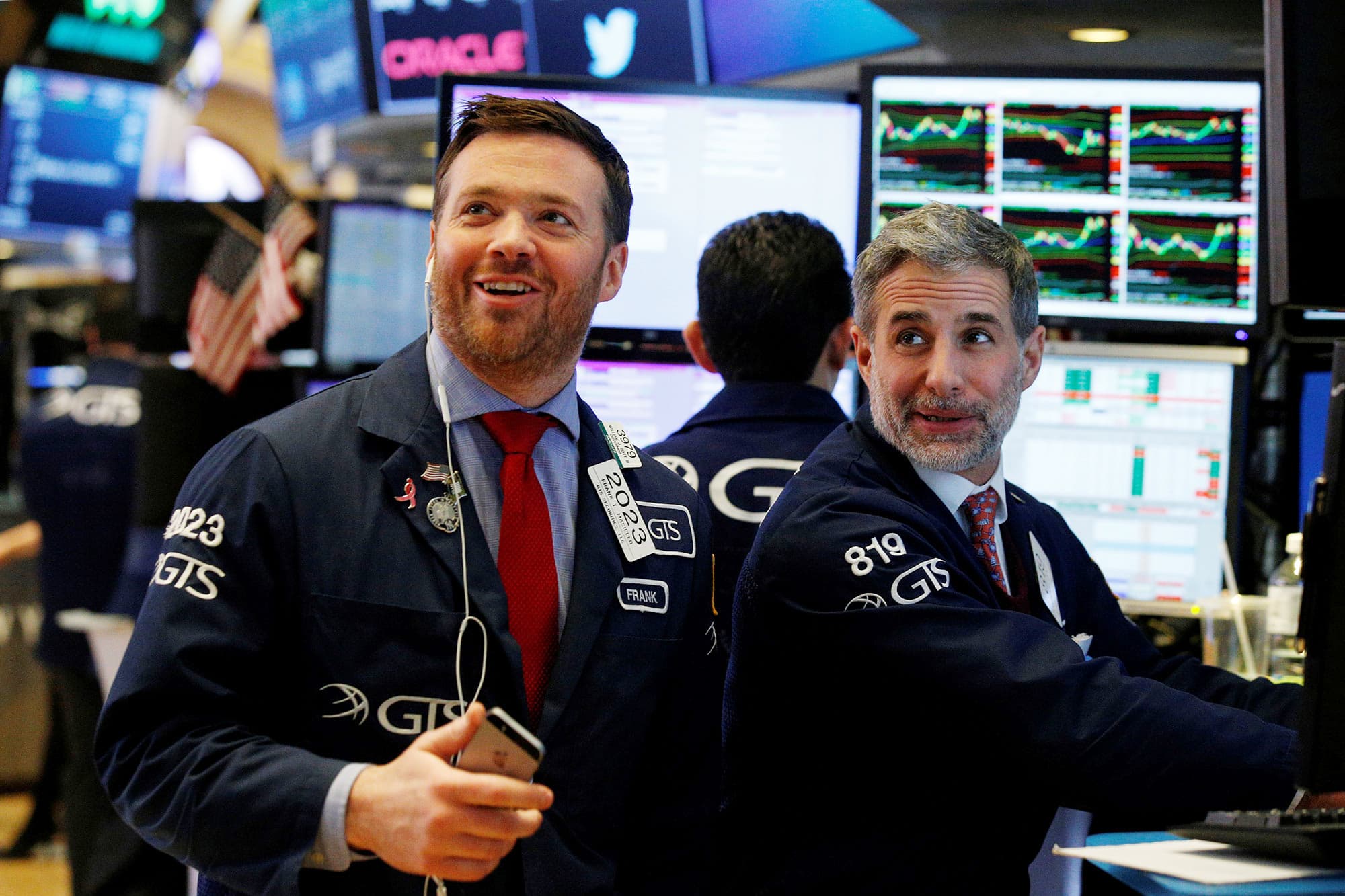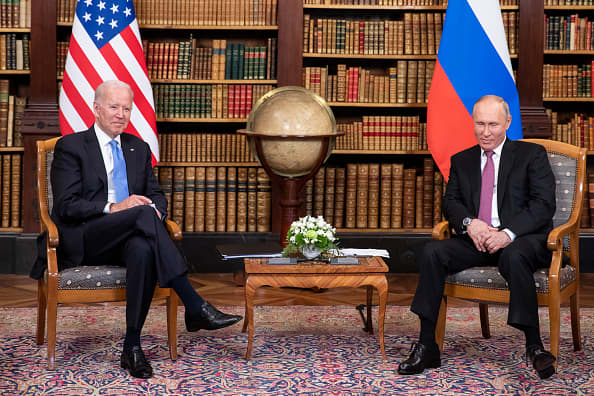Sterling suffered its worst month since Brexit, and analysts expect it to 'plumb new depths'
Capital Economics expects sterling to "plumb new depths" as political and economic uncertainty continue to hammer U.K. assets.
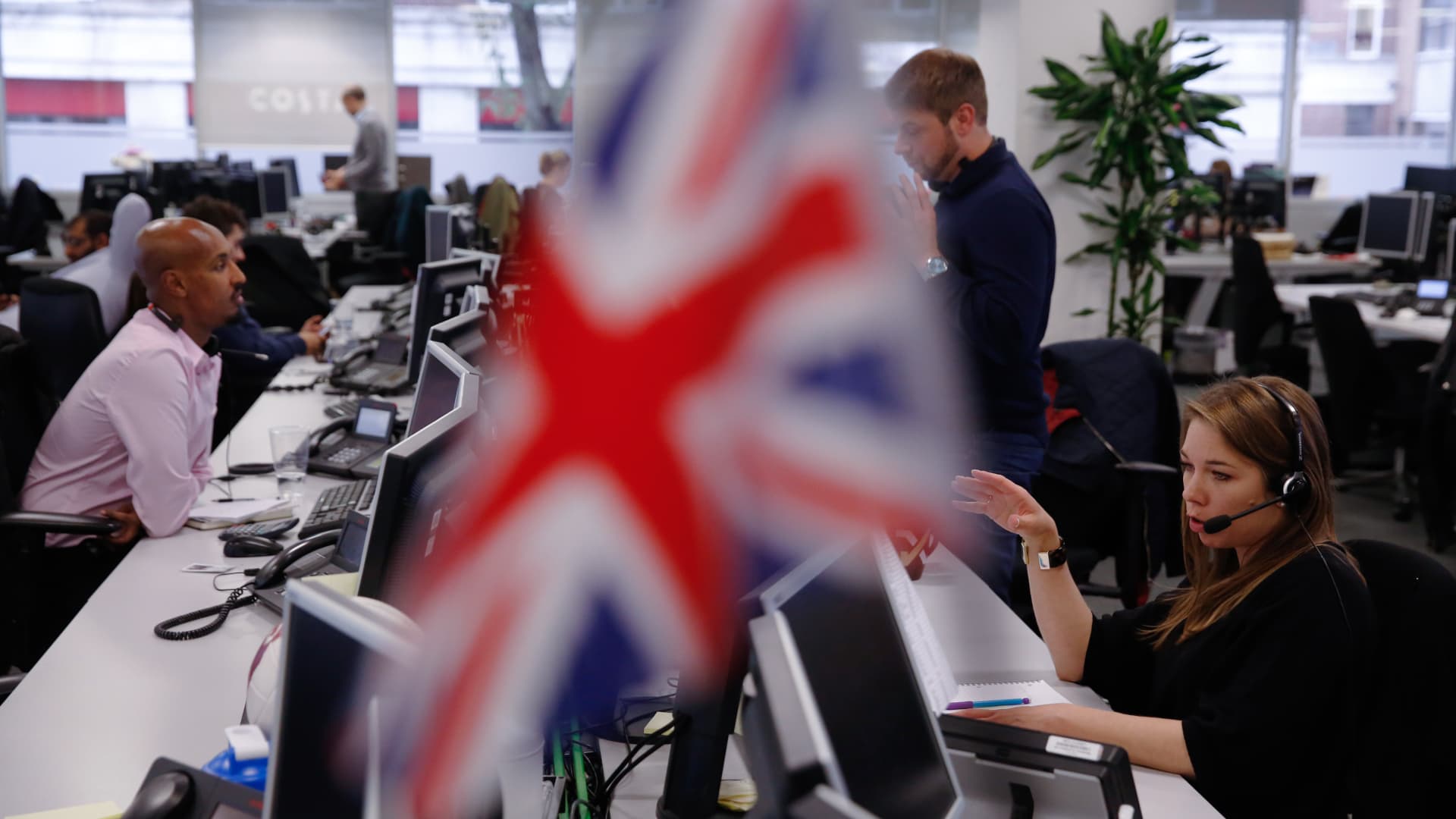
The British pound suffered its worst month since the aftermath of the Brexit referendum, and analysts expect sterling to fall further as a "slowing economy and political paralysis" grip the U.K.
Luke MacGregor | Bloomberg | Getty Images
LONDON — Sterling in August suffered its sharpest monthly fall against the U.S. dollar since the aftermath of the Brexit referendum, as political uncertainty and a historic cost-of-living crisis weigh heavily on the British currency.
Sterling dropped 4.5% against the greenback last month and continued to slide on Thursday, last trading just below $1.16 by mid-morning in London. The pound also fell nearly 3% against the euro last month.
The U.K. faces a rapidly deteriorating cost-of-living crisis as food and energy prices soar, with millions of households facing poverty this winter.
Meanwhile, a new prime minister will be named next week following a ballot among Conservative Party members, causing uncertainty over the outlook for fiscal policy.
The energy crisis arising from Russia's war in Ukraine is now widely expected to push the euro zone and U.K. economies into recession, while some economists still tip the U.S. to avoid the same fate given its relatively stronger economic position and energy independence.
In a research note Wednesday, Capital Economics Chief U.K. Economist Paul Dales said this divergence would drive further weakness in both the euro and the pound against the U.S. dollar, and expects sterling to "plumb new depths" as political and economic uncertainty continue to hammer U.K. assets.
"We think the pound will fall from $1.17 now to around $1.05 by the middle of next year. That would leave it below the levels reached before the 1985 Plaza Accord ($1.09), after the UK left the ERM in 1992 ($1.43), during the 2008/09 Global Financial Crisis ($1.38), after the 2016 Brexit vote ($1.21) and during the 2020 COVID-19 crisis ($1.21)," Dales said.
"In fact, $1.05 would be an all-time record low. At the same time, with high inflation likely to prevent the Bank of England from cutting interest rates as soon as the financial markets anticipate, we expect only a small fall in 10-year gilt yields by the end of this year and a big decline in the FTSE 100."
'Unequivocally bad'
Typically, declines in the value of Britain's currency have a mixed effect, since a weaker pound tends to boost housing prices and international trade, which in turn benefits many companies on the export-heavy FTSE 100 index.
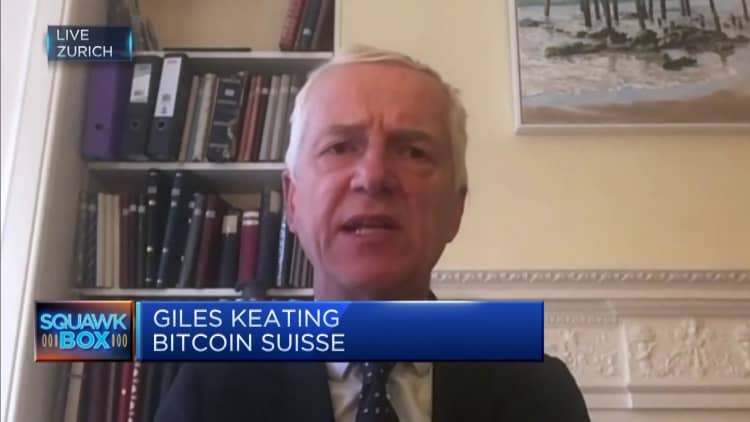
But Giles Keating, director at Bitcoin Suisse, told CNBC on Thursday that this was not the case this time around.
"At the end of the day, I think in the current circumstances, it is unequivocally bad, due to the higher import prices which will feed through into inflation," Keating told CNBC's "Squawk Box Europe."
He added that the cushion provided by pent-up pandemic-era savings for middle-income consumers is eroding, removing another support beam from the British economy in the coming months.
"If I look beyond that, it is going to be down to what the government does with fiscal policy. Maybe we will have a leader who comes in and does actually put quite a lot of money back into the economy."
'Slowing economy and political paralysis;
Former Foreign Secretary Liz Truss is expected to defeat former Finance Minister Rishi Sunak in the race to become Britain's next prime minister, and faces a plethora of challenges, most prominent of which is the spiraling cost-of-living crisis.
U.K. inflation hit 10.1% in July and the Bank of England has projected a peak of 13.3% before year-end. The country's energy price cap is set to rise by 80% to £3,564 ($4,128) per year from October with further increases expected in early 2023.
Goldman Sachs has projected that U.K. inflation may top 22% early next year. The largest fall in real wages on record is already leading to widespread strike action across the public and private sectors.
Adding to the British pound's woes is the persistent strength of the greenback, with the U.S. dollar index hitting a 20-year high last week. The DXY is up more than 13% year-to-date.
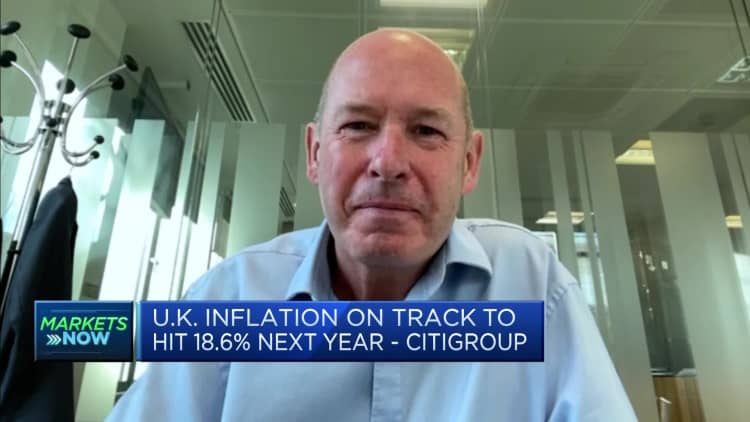
In a research note Wednesday, UBS strategists projected more short-term gains for the dollar, and revised up the Swiss bank's currency forecasts. UBS now expects the euro to fall to $0.96 and the pound to slide to $1.12 by the end of the year.
There is no end in sight for the energy crisis in Europe, UBS warned, as the war in Ukraine shows no sign of abating, while natural gas prices in Europe continue to skyrocket and Brent crude prices remain elevated.
"We retain our positive outlook for oil in the year to come as supply dynamics continue to point to higher prices," UBS strategists said.
"Separately, a slowing economy and political paralysis are likely to weigh on the British pound. We rate both the EUR and the GBP as least preferred in our FX strategy."

 KickT
KickT 










